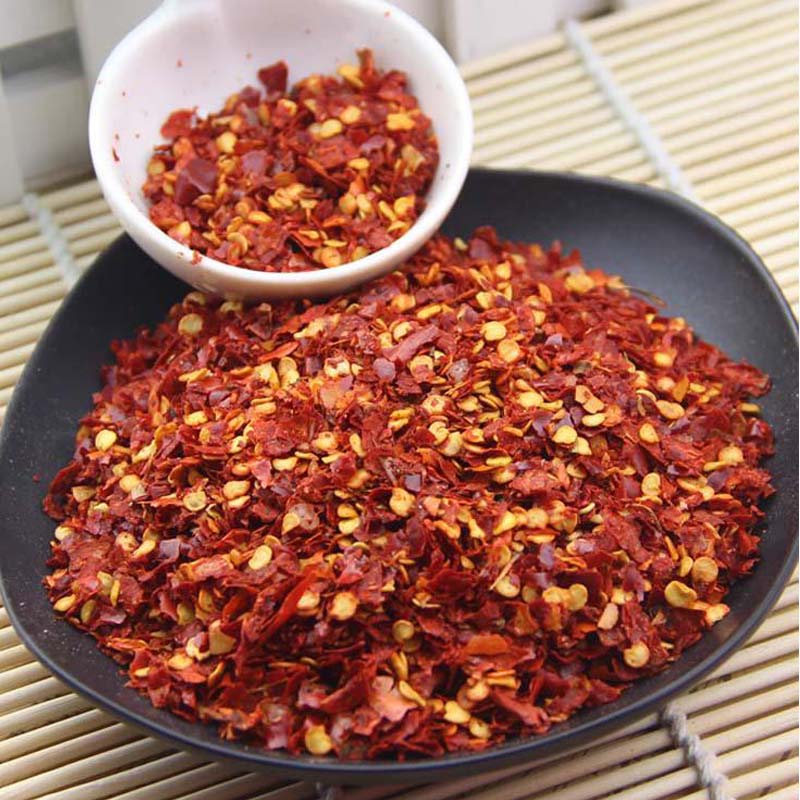- No. 268 Xianghe Street, Economic Development Zone of Xingtai city, Hebei 054001 China
- Byron@hbhongri.cn
Production and Processing of Dried Red Chilli Peppers in Modern Factories and Their Economic Impact
The Impact of Dried Red Chilli Pepper Factories on Local Economies and the Culinary World
Dried red chilli peppers are a staple ingredient in many cuisines around the world, known for their ability to impart both heat and depth of flavor to dishes. The process of drying these peppers not only extends their shelf life but also concentrates their taste, making them a prized commodity in culinary arts. As the demand for dried red chilli peppers continues to rise, factories dedicated to their production play a crucial role in local economies and the global food industry.
Economic Significance
The establishment of dried red chilli pepper factories contributes significantly to local economies, particularly in regions where chilli peppers are grown abundantly. Countries like India, Mexico, and China are renowned for their chilli production. In these regions, factories provide jobs for thousands, ranging from agricultural workers who harvest the peppers to factory workers involved in the drying, packaging, and distribution processes. This employment not only provides livelihoods but also fosters skill development among the workforce.
Moreover, these factories often engage in fair trade practices, ensuring that local farmers receive fair prices for their produce. This creates a sustainable economic environment where farmers can invest in better agricultural practices, leading to higher quality yields. Consequently, the growth of the dried red chilli pepper industry can stimulate economic development in rural areas, helping to reduce poverty and improve standards of living.
Quality and Variety
One of the major advantages of dried red chilli pepper factories is their ability to process and preserve the varying qualities of chillies. Different regions produce distinct varieties, each with unique flavors and heat levels. Factories can specialize in producing specific types of dried chillies, allowing for a rich diversity in the market. This variety caters to the preferences of consumers and chefs globally, facilitating cultural exchange through cuisine.
Additionally, the drying process itself can enhance the flavor profiles of these peppers. For instance, some factories utilize traditional sun-drying methods, which can impart a distinct taste that cannot be replicated with industrial machines. Manufacturers also experiment with smoking or roasting chillies before drying, resulting in innovative products that attract culinary enthusiasts.
dried red chilli pepper factories

Environmental Considerations
While dried red chilli pepper factories contribute to local economies, they also raise important environmental considerations. The agricultural practices associated with chilli production can lead to soil depletion and water scarcity if not managed sustainably. Therefore, many factories are adopting eco-friendly practices, such as sourcing from farmers who employ sustainable farming methods.
Moreover, some companies are exploring innovations in energy use within their factories, transitioning to renewable sources to reduce their carbon footprint. By prioritizing sustainability, these factories are not only securing their own future but also promoting environmental responsibility within the agricultural sector.
Cultural Influence
Dried red chilli peppers have transcended their role as mere ingredients to become cultural symbols in many societies. Festivals celebrating the harvest of chillies are common, drawing tourists and generating additional income for local communities. The global popularity of cuisines such as Indian, Mexican, and Thai, which prominently feature dried red chilli peppers, reinforces their cultural significance.
In culinary circles, chefs continuously innovate with dried chillies, incorporating them into contemporary dishes while respecting traditional recipes. This cross-cultural exchange enriches gastronomy and highlights the importance of local ingredients in the global food landscape.
In conclusion, dried red chilli pepper factories play a vital role in supporting local economies, providing diverse culinary options, and promoting sustainable agricultural practices. As the appreciation for this fiery ingredient continues to grow, the connection between producers, consumers, and cultures will strengthen, ensuring that dried red chilli peppers remain a staple in kitchens worldwide.
-
Turmeric Rhizome Powder: A Golden Treasure from Roots to TableNewsJul.28,2025
-
The Versatile Application Of Crushed Red Hot Peppers: Lighting Up The Red Flames On The Dining TableNewsJul.28,2025
-
The Paprika: A Touch Of Vibrant Red In Color, Flavor, And CultureNewsJul.28,2025
-
Ground Turmeric: A Modern Examination of an Ancient SpiceNewsJul.28,2025
-
Capsicum Liquid Extract: Features, Applications, and ChallengesNewsJul.28,2025
-
Application of Capsicum Liquid Extract in FoodNewsJul.28,2025







